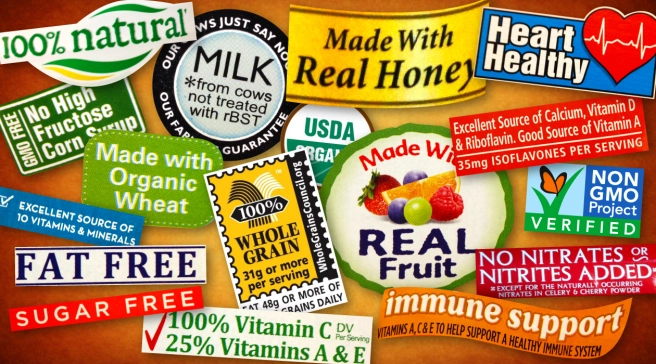Strolling through the grocery store aisles, it is impossible to miss the growing presence of organic products. From produce to packaged goods, those green labels seem to take over more shelf space every year as health-conscious consumers scrutinize what goes into their bodies and shopping carts.
Organic farming is guided by a different philosophy than conventional agriculture. They grow different crops together, known as polyculture, rotate crop types yearly through crop rotations and use natural fertilizers to sustainably produce certified organic foods. On the other hand, conventional farmers are not bound by the same strict regulations. They utilize synthetic crop treatments and other man-made additives that produce higher yields and longer shelf lives for fresh products. These practices raise concerns about potential chemical residues in foods.
A more heated discussion among expert nutritionists is on the potential health impacts of pesticide residues, growth hormones and antibiotics used in conventional farming. While these are regulated, some doctors and nutritionists advise that consumption of these conventional goods should be curbed to minimize chemical exposure, especially for children. The scientific consensus remains hazy on whether residual products pose significant long-term risks or not.
The stark difference between the two farming methods is directly reflected in grocery store price tags. According to CNET, organic products routinely cost around 21% more than their conventional counterparts due to the more labor-intensive growing practices, expensive certification processes and distribution challenges. Many supermarket chains have responded by launching their own affordable organic private-label lines, but a premium still persists across most categories.
This ongoing debate has even influenced how products are displayed in grocery stores. Most major upscale chains prioritize organic items — giving them huge dedicated sections, attractive healthy branding and premium display spaces. In contrast, traditional mainstream grocery stores still mainly emphasize affordable packaged and processed foods lining their aisles.
Organic brands and retailers deeply believe in the ethical and health superiority of their holistic farming methods. They are driven to set new standards while educating customers on treading lighter on the planet and avoiding chemical exposure. And with organic demand booming, many founders recognize the major financial profits despite the high production cost.
Conventional agriculture companies vigorously defend their output as perfectly safe, nutritious and increasingly sustainable. They emphasize rigorous product quality controls and highlight their incredible efficiency gains that make affordable food more accessible. At the same time, many legacy brands are scrambling to capture part of the lucrative organic market through new “natural” product lines and organic acquisitions.
As battles over consumer health, environmental impact and farming ethics continue, the organic versus conventional grocery debate rages on with no easy resolution in sight. For now, consumers must carefully weigh the trade-offs based on their own financial realities, dietary priorities and environmental values when navigating these aisles.










